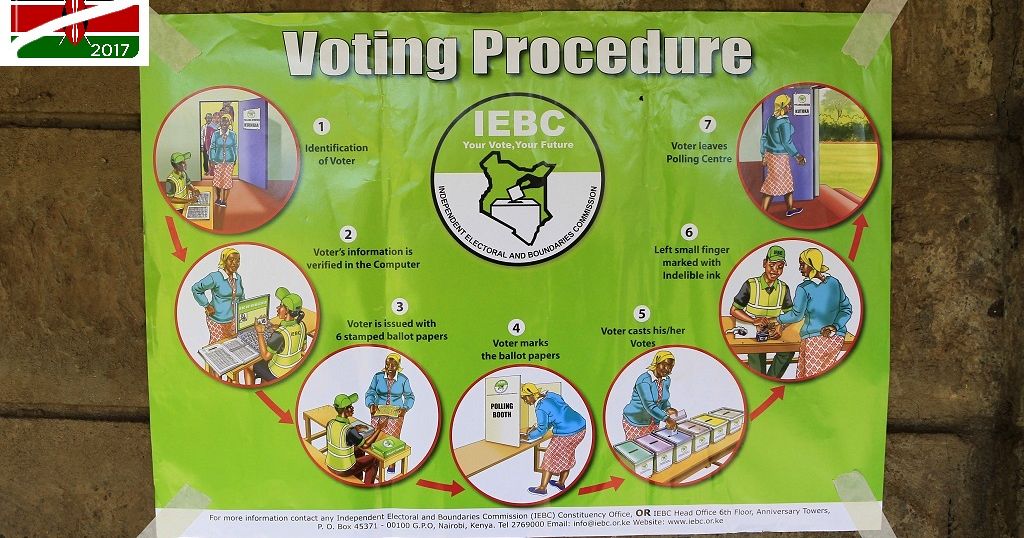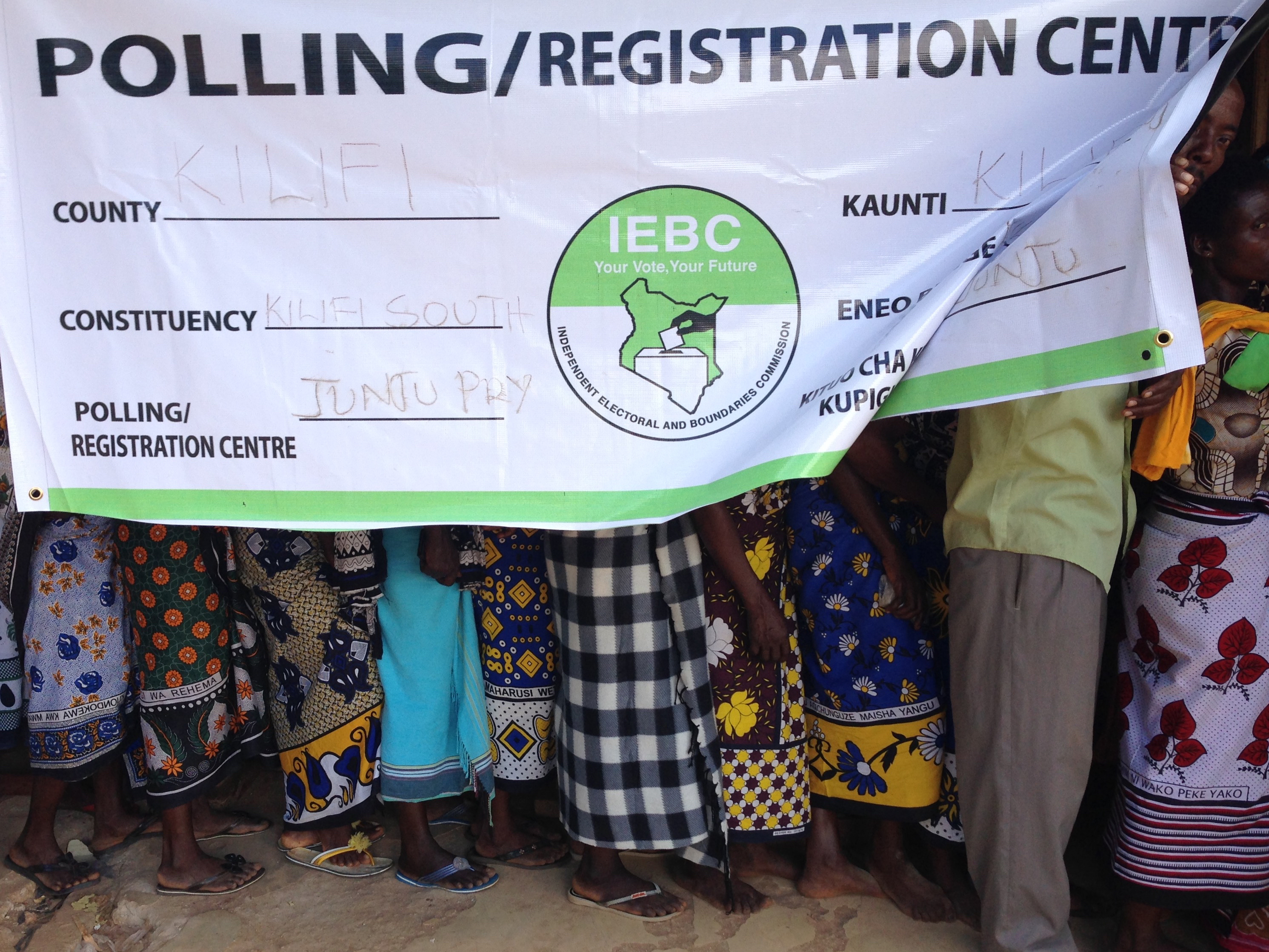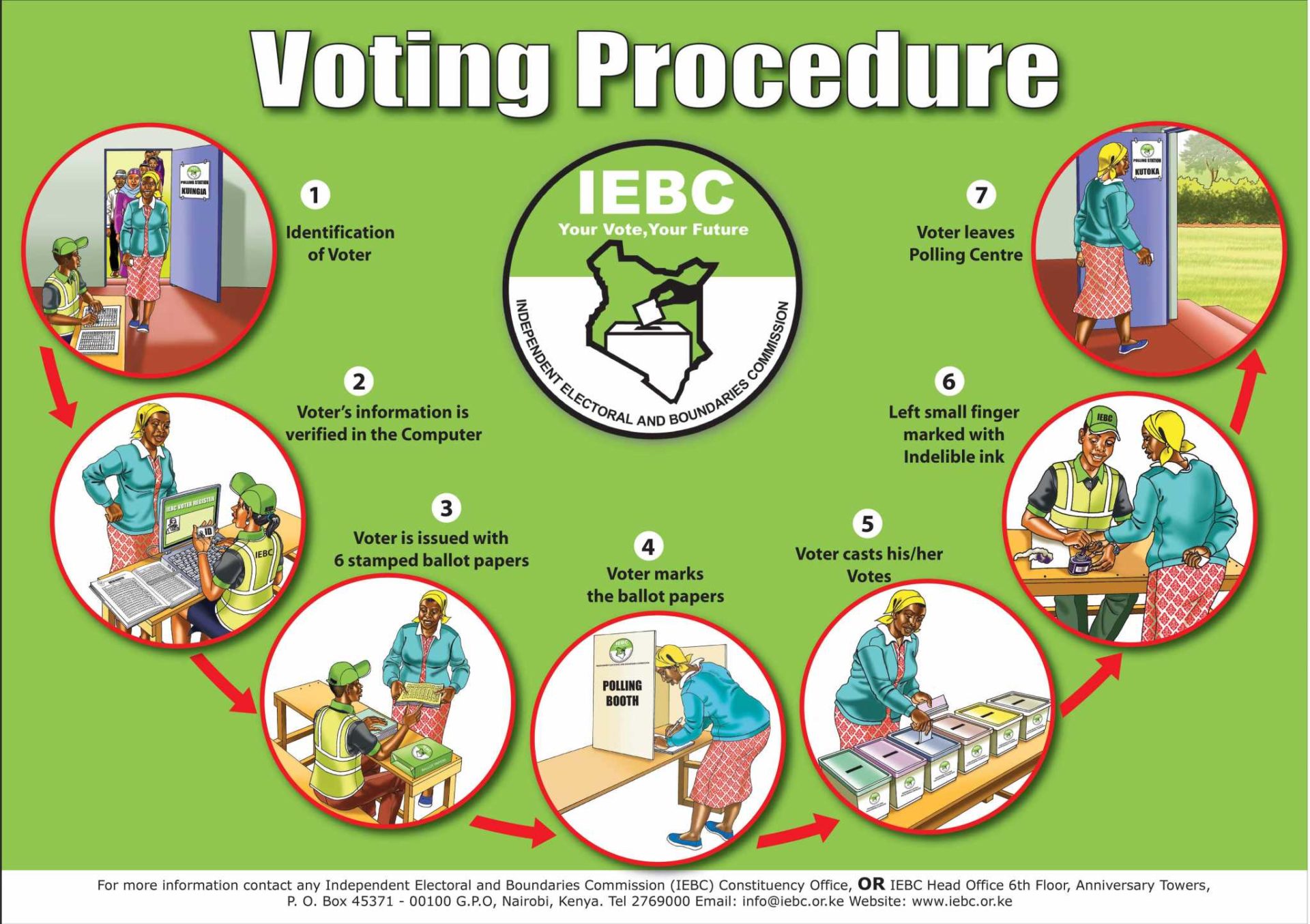Election Process In Kenya

In kenya by elaborating the six elective positions and the minimum requirements for nomination or election of candidates the pre polling processes including the nomination process the actual election day and post polling activities such as election petitions.
Election process in kenya. D the political parties act 2011. The other three are the recall elections the runoff election and primary elections. E the independent electoral and boundaries commission act 2011.
Kenyan democracy was severely tested in the lead up to during and after the 4 march 2013 elections. F the constitution of kenya 2010. The handbook further gives an insight into the new.
C elections offenses act 2016. 10 within seven days after the presidential election the chairperson of the independent electoral and boundaries commission shall a declare the result of the election. 9 a new presidential election under clause 8 shall be held within sixty days after the date set for the previous presidential election.
Nationwide elections have taken place in kenya since 1920 when the first elections to the legislative council were held. Uhuru kenyatta and raila odinga. On 9 march following a tense but relatively peaceful election the independent electoral and boundaries commission iebc declared jubilee coalition s uhuru kenyatta president elect.
By the next elections in 1924 suffrage had been extended to indians and arabs with five seats. The legislature initially had 11 elected europeans and three members appointed to represent indians and arabs together with a number of nominated officials. A positive increase in election observer s participation leads to an increase in electoral process in kenya.
The following laws directly govern the electoral process in kenya. In march 2013 kenya a small country in east africa held its general election to elect a new president. A unique election case in kenya s new phase of.


















